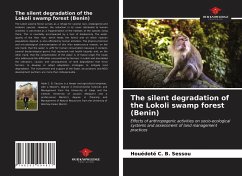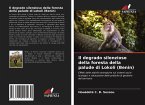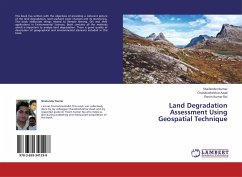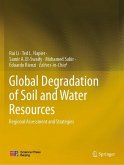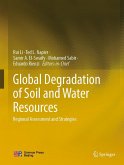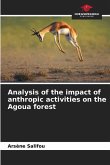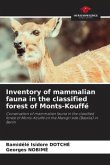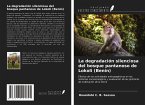The Lokoli swamp forest serves as a refuge for several rare, endangered and endemic species. However, the reduction in its cover attributed to human activities is perceived as a fragmentation of the habitats of the species living there. This is inevitably accompanied by a loss of biodiversity. The water quality of the Hlan river, which feeds the forest and on which riparian populations depend, is also affected by human activities. The physico-chemical and microbiological characterization of this Hlan watercourse reveals, on the one hand, that the water is unfit for human consumption because it contains several bacteriological germs that represent real health hazards and, on the other hand, that the contamination of the water is of faecal origin.The study also addressed the difficulties encountered by farmers in Lokoli and elucidated the indicators, causes and consequences of land degradation that force farmers to develop or adopt adaptation strategies to mitigate land degradation. The involvement and support of the State, associations and NGO development partners are more than indispensable.
Bitte wählen Sie Ihr Anliegen aus.
Rechnungen
Retourenschein anfordern
Bestellstatus
Storno

